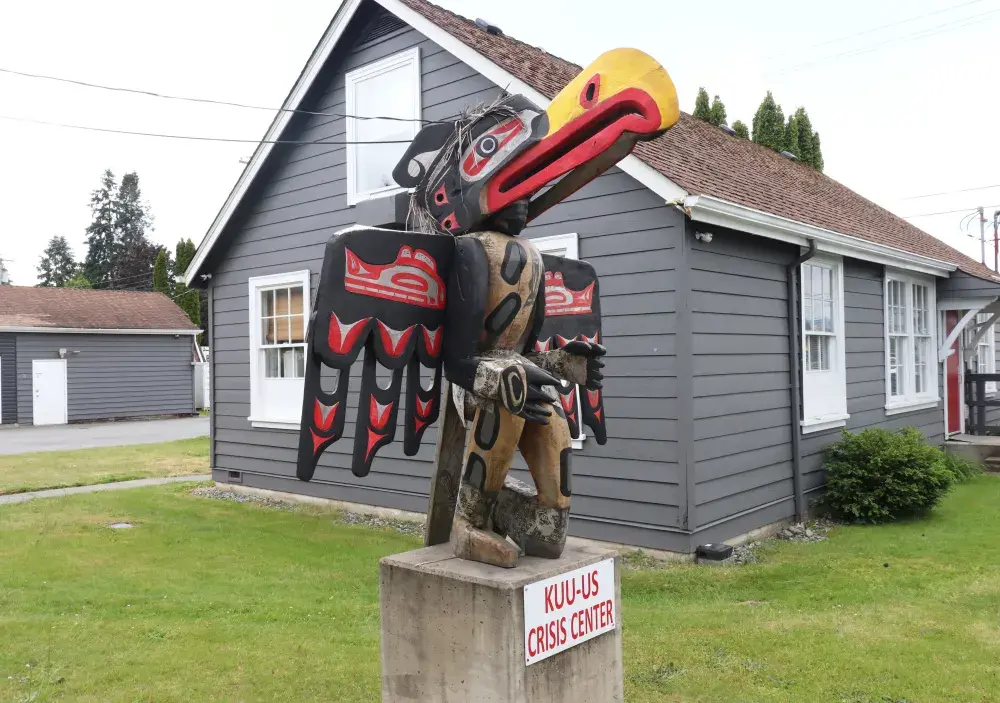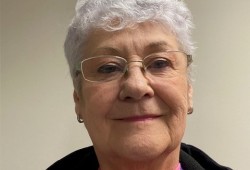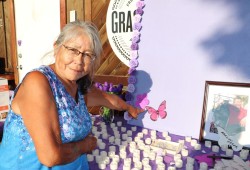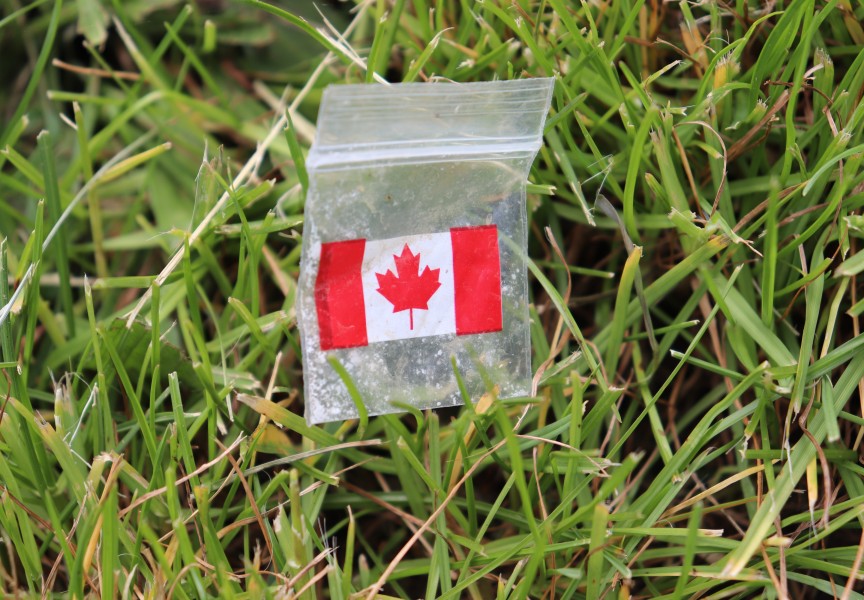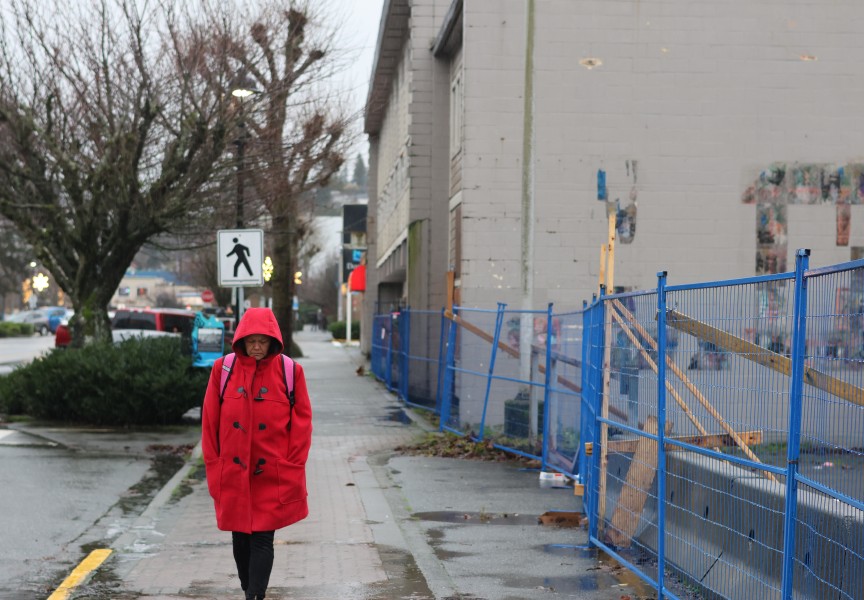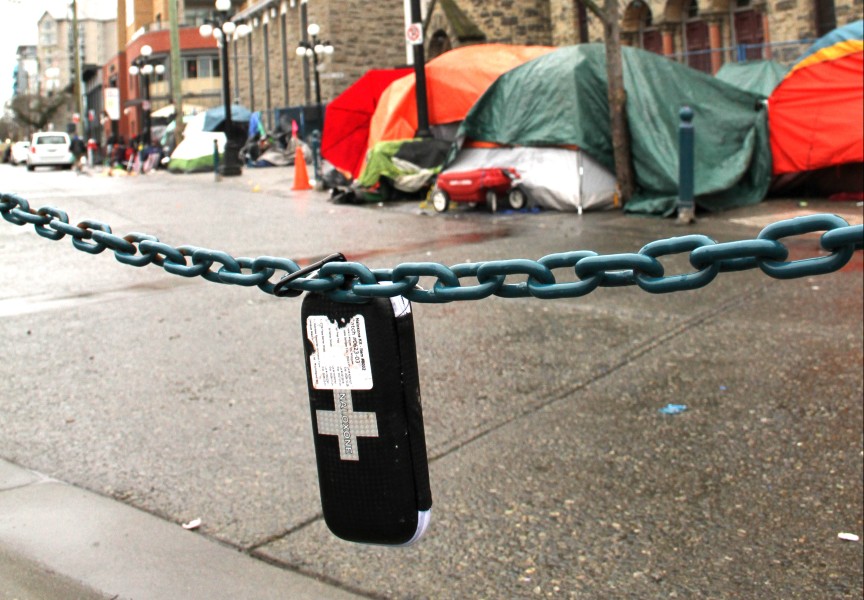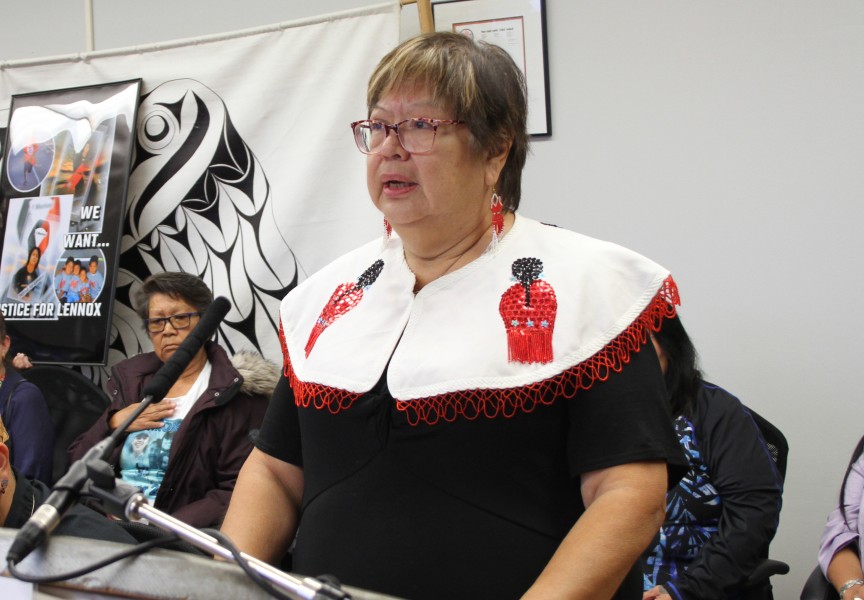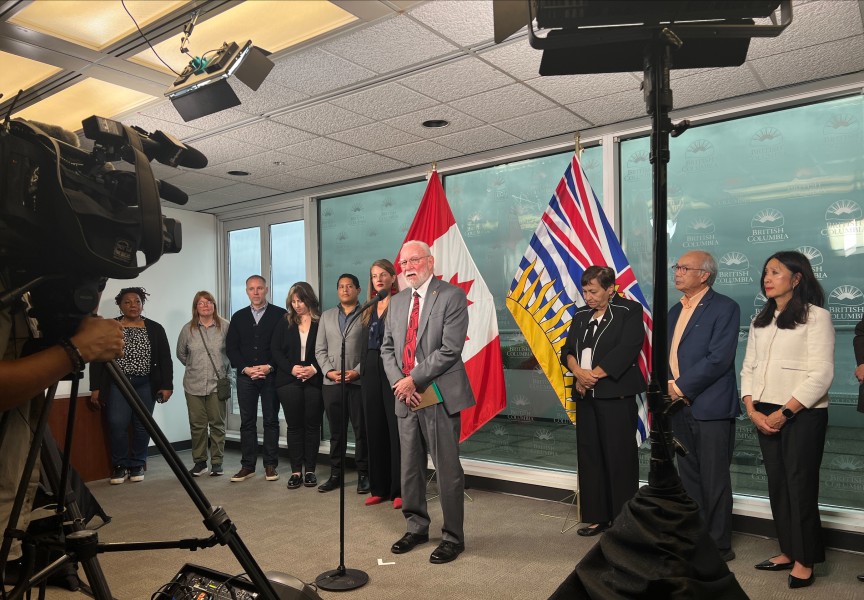The Alberni Valley is now home to a new peer-facilitated bereavement group, held on the last Monday of each month, to support those who have lost a loved one to the toxic drug crisis.
Healing Hearts bereavement group, which is sponsored by an organization called Moms Stop The Harm, is facilitated by Maureen Therrien-McKinnon, who lost her son to the toxic drug crisis.
“I really wanted to reach out to other parents and family members and friends in the community that have lost somebody,” she said. “I want it to be a safe place where we can talk about it and there’s no judgment at all.”
With the group meeting once a month, Therrien-McKinnon shared that people can expect to have a space to talk freely about their story and their loved one.
“It helps us actually deal with all the emotions that come up, because every emotion that is known to mankind comes up in grief, unfortunately,” said Therrien-McKinnon, noting that sharing each other's stories is a way to process grief.
“People can speak if they want to or not,” she assured. “If they're not comfortable, but they just want the support, they can just still come… hear what other people have to say.”
Therrien-McKinnon said the group follows in a structured format the feelings associated with grief and how individuals are dealing with it.
“We need to be able to grieve in a healthy way - believe it or not, grief can be healthy - and to find ways to mitigate a lot of shame and guilt that's around that,” she said.
Therrien-McKinnon has facilitated many peer-supported grief groups based out of Ucluelet, having also lost her husband from a logging accident at a young age.
“You do form a bond with people when you're in a group like that, and that bond can last forever. It doesn't matter what walk of life you're in,” said Therrien-McKinnon. “You have a connection with each other that is the bond that really supports us to keep moving forward.”
She shared with Ha-Shith-Sa that the group can be a space to continue to talk about their loved one, even after family and friends continue to move forward after the tragedy.
“Quite often, what happens is family and friends just only talk about it for a while,” said Therrien-McKinnon. “Yes, we have to keep moving, but we don't just get over it, we probably never will when it's our family, [and] when it's our children, especially.”
“Mothers don't get over the loss of a child, you do learn how to step forward, eventually and move a little bit beside it, but it will always be there,” she said. “We found that being together and processing those feelings is really important.”
The toxic drug crisis continues to impact communities throughout the province significantly with 763 deaths in 2024 due to substance use, according to the most recent BC Coroner Service report. For the Alberni-Clayoquot region, there has so far been a reported 10 drug deaths in 2024.
But, it is significant to note that, according to the report, the death rate due to toxic drugs has decreased by 24 per cent when comparing April 2023 to April 2024.
“Losing a loved one to the toxic drug crisis is often an unexpected and sudden loss. It’s [a] difficult loss that can be silent and lonely in grief, one that may come with feelings of guilt and shame, and has stigma attached to it,” said Sanne Van Vlerken, Teechuktl Mental Health manager, in an email to Ha-Shilth-Sa.
Van Vlerken wrote that a peer support group can be a safe space where people can relate to one another through their grief and loss.
“[P]eople do not have to be silent in their grief, where they can be understood and accepted without the fear of stigma or feelings of guilt or shame,” she wrote. “A support group can help people with the pain of getting well with people who care, accept, and understand.”
Therrien-McKinnon shared with Ha-Shilth-Sa that peers from the group can be referred to counsellors throughout the Alberni Valley who are trained in the complexities of grief.
Teechuktl Mental Health can also “provide grief and loss support through the counseling and non-insured mental health benefits program, Quu’asa wellness program, and harm reduction outreach support,” wrote Van Vlerken.
Nuu-chah-nulth members can also reach out to organizations such as Kuu-Us Crisis Line Society, the Kackaamin Family Development Centre in Port Alberni and the Tsow-Tun Le Lum Society in Duncan.
“I do hope that people would be feeling safe enough to reach out because it's a difficult kind of a loss,” said Therrien-McKinnon.

